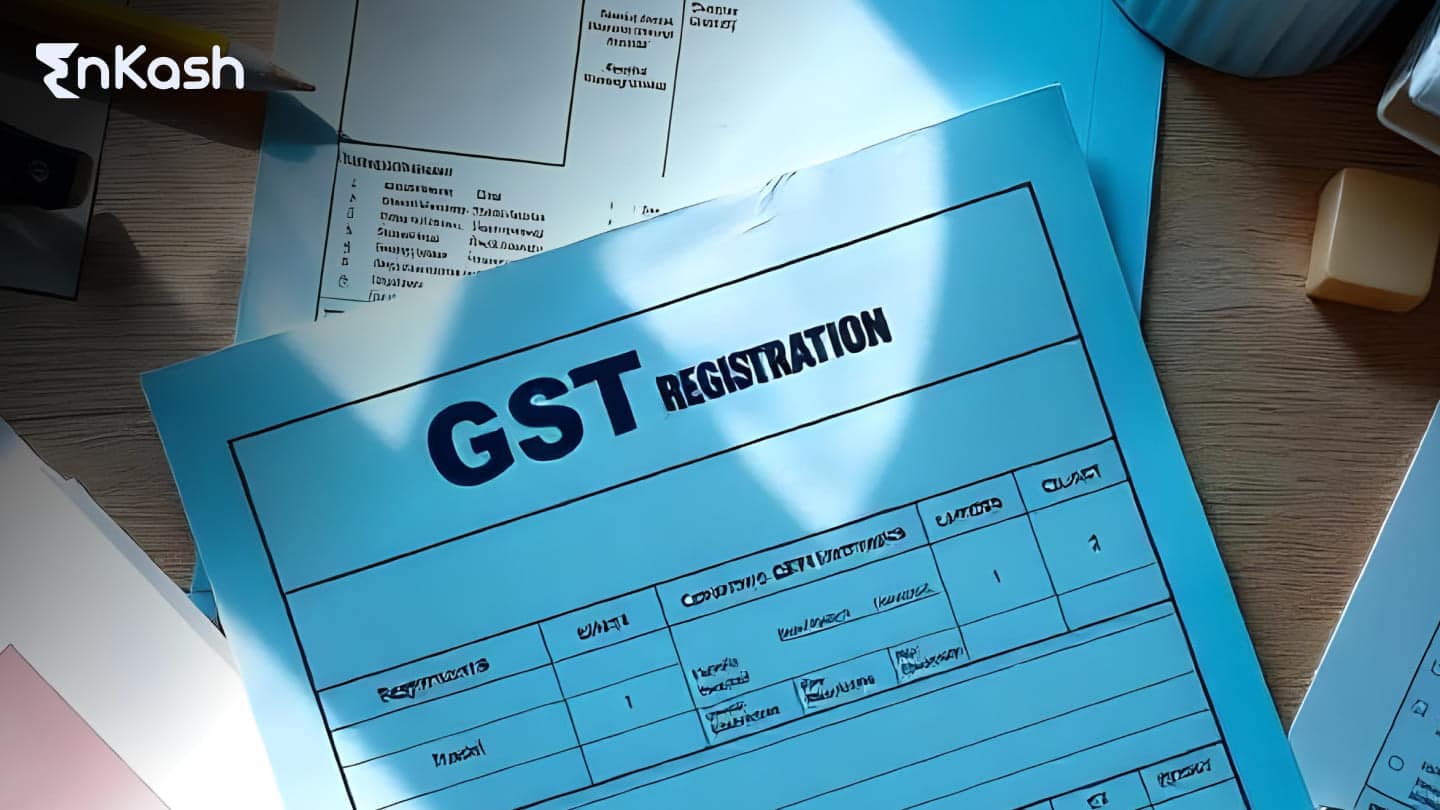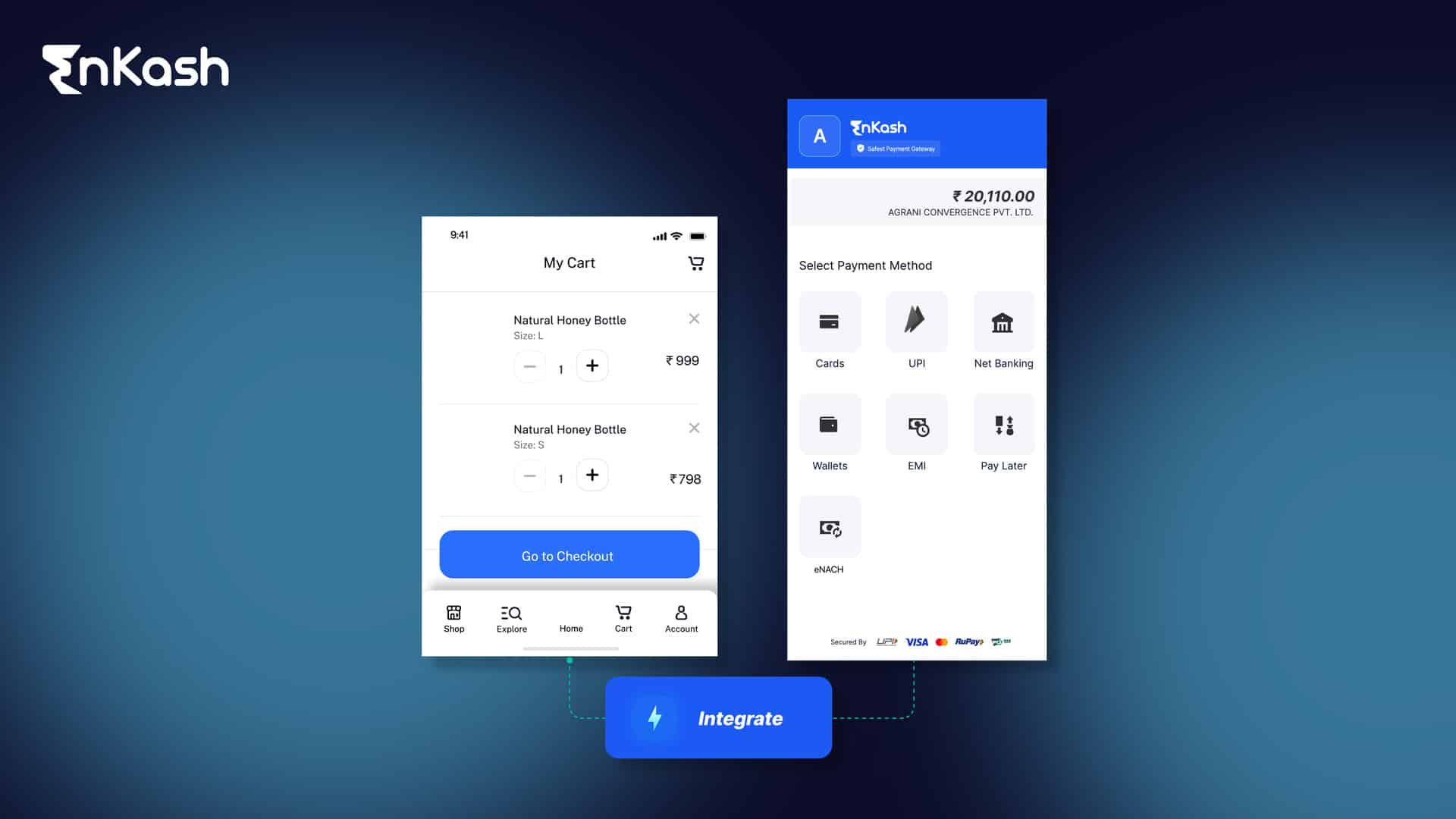GST registration is necessary for businesses in India to make tax payments and operations. Both partnership firms and private limited companies need to provide certain documents to get registered under GST. PAN, proof of partner or director’s identity and address, proof of business address, and bank account number are the main documents.
There are additional requirements for different businesses, like a partnership deed for partnership firms and incorporation certificates for private limited companies. In this blog, you will find a complete checklist and description of each of the documents so that you can easily understand the paperwork required to register for GST on these business models.
Introduction
In India, the Goods and Services Tax (GST) has simplified the tax process by including every business which passes certain revenue limits. GST registration is an obligation that ensures businesses can legally operate and receive tax benefits. Whether you’re building a partnership firm or a private limited company, GST registration is an essential component of smooth functioning. Having an understanding of these rules ensures that entities do not experience difficulty tackling GST, and all of the required documentation is filed right from the beginning.
Read More: GST Payment
Why GST Registration is Essential for Businesses
Businesses that make more than ₹40 lakh for goods (₹20 lakh for services) in a year must register under GST law, though this is exempted in certain states. Here are the reasons why GST registration is not only compulsory but also beneficial:
- Legal Compliance and Company Recognition: GST registration gives businesses legal status to operate seamlessly under the Indian tax system. It’s usually a requirement to get contracts, especially for government organizations or big firms, who are more likely to do business with registered GST firms.
- Free Access to ITC: Registered companies can avail themselves of input tax credit (ITC) on purchases, which helps them deduct input tax borne by them from the GST liability. This lowers the total cost of services and goods, improving profitability and competitiveness.
- Tax Streamlining: GST combines several indirect taxes (like VAT, service tax, and excise duty) into a single tax that makes compliance easier for the companies. In GST, businesses have only to deal with one tax regime, which eases up the process of filing and reporting.
- Increased Market Access: GST-registered businesses are allowed free trade between states, whereas unregistered businesses are restricted from trading between states. This flexibility allows registered companies to grow their operations and gain customers across the country.
General Requirements for GST Registration
The GST registration process involves a series of basic documents that apply across business structures. These commonly include:
- Permanent Account Number (PAN)
- Identification of Partners or Directors
- Address of Primary Office
- Account Details
- Digital Signature Certificate (DSC)
However, some business types may require further specialized documentation. So, let’s move into the specific document requirements for partnership businesses and private limited companies.
Read More: Difference between CGST, SGST, and IGST
GST Registration Documents for Partnership Firm
A partnership company is a form of enterprise in which two or more people work together and split profits and liabilities. Below is the complete list of documents required for GST registration of partnership firms.
1. Partnership Deed
The partnership deed is the basic document for partnership companies. It specifies the partners’ rights, duties, and percentage of profits. It must be signed on judicial stamp paper and recorded with the appropriate state departments.
2. PAN Card of the Partnership Firm
The company should get a PAN card in its name. PAN (Form 49A) applications are submitted online. Electronic verification of the application is done by digital signature certificates.
3. Address Proof of the Business Premises
Address proof requirements vary based on the ownership or rental of the office space:
- For Rented Property: Show the lease agreement along with recent bills (electricity, water, property tax) and the No Objection Certificate (NOC) from the landlord.
- For Owned Property: Submit bills in the owner’s name to prove ownership and business address.
4. Identification and Address Proofs of Partners
Each partner must provide identification and address proof, including:
- Aadhar Card: It is the most commonly used document for identity and address verification.
- Voter ID/Passport/License: These can be needed for further verification.
5. Bank Account Proof
For the business account of the partnership, provide one or more of the following:
- Canceled Cheque: This encloses the company account number and information.
- Bank Statement: The last 3 months of account activity should be included.
6. Digital Signature Certificate (DSC)
To submit online applications, designated partners require a Class 2 or Class 3 DSC to electronically sign the application.
7. Letter of Authorization
If the GST application is being prepared by an appointed representative/signatory, a letter of authorization must be signed by all partners.
8. Photographs of Partners
You will need to upload passport-sized pictures of all partners (JPEG, not larger than 100 KB).
Summary Checklist: Documents Required for GST Registration of Partnership Firms
- PAN Card of the Firm
- Partnership Deed
- Business Address Proof (Rent Agreement or Utility Bills + NOC for Rented Premises)
- ID and Address Proof of Partners
- Bank Account Proof (Canceled Cheque, Bank Statement)
- Digital Signature Certificate (DSC)
- Letter of Authorization
- Photographs of Partners
Read More: Credit Note in GST
GST Registration Documents for Private Limited Company
A private limited company is a business privately owned by shareholders that limits the individual’s liability. Here’s the list of documents required for GST registration of private limited companies.
1. PAN Card of the Company
GST registration requires a PAN card issued by the Income Tax Department in the name of the business.
2. Certificate of Incorporation
It is issued by the Ministry of Corporate Affairs (MCA) and shows that the firm is registered and established. It contains the name of the company, incorporation date, and other important information.
3. Memorandum and Articles of Association (MoA & AoA)
These documents include the company’s objectives, structure, and policies. They are also essential in verifying the constitution of the company when you file for GST.
4. Identity and Address Proof of Directors
Each director must provide proof of identity and address, including:
- Aadhar Card
- Voter ID
- Passport or Driver’s License
5. Proof of Appointment of Authorized Signatory
If someone other than a director is appointed to sign and handle the GST-related duties, a formal board resolution or appointment letter must be signed. The signed document should state the appointed signatory’s responsibilities and authority.
6. Digital Signature Certificate (DSC)
Unlike partnership companies, private limited companies require a DSC in order to confirm and submit the GST application safely.
7. Business Address Proof
If the business address is rented, owned, or shared, sufficient evidence must confirm it:
- Bills (Elec, Water, Property Tax): This includes recent bills in the name of the company (if owned) or NOC leases (if rented).
- Rent/Lease Agreement: It is required if the company is utilizing leased facilities.
- Owner’s Consent or NOC: It is required if the company is shared or in another person’s name.
8. Bank Account Details
The bank account of the firm needs to be verified by sending:
- Canceled Cheque: It will feature the company’s name.
- Bank Statement: This must list transactions and account activity over the last 3 months or less.
9. Photographs of Directors and Authorized Signatory
Each director and the designated signatory must upload passport-sized JPEG images (maximum 100 KB per image).
Summary Checklist: Documents Required for GST Registration of Private Limited Companies
- PAN Card of the Company
- Certificate of Incorporation
- MoA and AoA
- Identity and Address Proof of Directors
- Proof of Appointment of Authorized Signatory (Board Resolution or Appointment Letter)
- Digital Signature Certificate (DSC)
- Business Address Proof (Utility Bills, Lease Agreement + NOC)
- Bank Account Proof (Canceled Cheque, Bank Statement)
- Photographs of Directors and Authorized Signatory
Application Process for GST Registration
For partnership firms and private limited companies, GST registration is easy, but you will need to make sure that your paperwork is correct and that the information has been entered properly. Here are the primary steps:
- Access the GST Portal: Login to the official GST portal gst.gov.in. Sign up if you are a new user, or sign in if you already have an account.
- Fill Out the Registration Application (Form GST REG-01): Fill in the online registration application by submitting essential information about your business, like the legal name, PAN, address of the main office, business type (preferred company, partnership, private limited company, etc.).
- Upload Required Documents: Upload all necessary documents such as PAN, address proof, identity proofs, partnership deed/corporation certificate and bank account details.
- Add Partner/Director Information: Add all partners for partnership companies. Add directors for private limited companies. For these people, you might also need to upload identity documents and address evidence.
- Submit with Digital Signature: The application should be submitted using DSC/e-Signature through Aadhaar authentication. This step is necessary to secure the application and prevent it from being tampered with.
- Receive Application Reference Number (ARN): Once submitted, an ARN is generated. You can use this ARN to monitor your application status on the GST portal.
- Verification by Tax Officer: A tax officer checks the application and documents. If they need more information, you might be notified and required to provide clarification or supporting documentation. Once verified, a GST Identification Number (GSTIN) is assigned.
Read More: GST registration requirements
Importance of Accurate Documentation for GST Compliance
The importance of accurate documentation goes beyond registration. It impacts many aspects of tax compliance, ease of use, and business legitimacy. The following are the reasons why businesses should focus on accuracy when filing their GST returns:
- Avoiding Delays and Rejections: Incomplete or incorrect documentation is often a factor behind registration delays and rejections. Any missing document or discrepancy can lead to lengthy processing times that prevent a company from operating legally and fully utilizing GST advantages.
- Ensuring Input Tax Credit (ITC) Eligibility: Businesses can take ITC as a way to reduce their taxes, and all the input taxes paid must be kept strictly in the accounting system. Incorrect documentation during registration can jeopardize the ITC process, potentially costing a business significant financial losses.
- Preventing Compliance Issues and Penalties: Missing or inconsistent records may lead to penalties for non-compliance, as GST law requires businesses to keep accurate and current records. These fines can wreak havoc on a business’s finances and reputation.
- Easing Future Updates or Changes: As organizations expand, GST information, like directors, branches, or registered address, can also be changed. Complete documentation early in the process makes subsequent updates easier since less work needs to be done on the GST system later.
- Streamlining Business Audits: Clear documentation also enables easy auditing. If a company keeps its records clear, it will facilitate internal and external auditing and save time and money.
Conclusion
Knowing and having the right documents to streamline GST registration for partnership companies and private limited partnerships is crucial. The right documents allow a company to easily register itself and commence GST operation in a way that assures transparency, compliance, and financial credibility.
As you take the steps towards it, keeping track of GST regulations and document requirements can be important for businesses who are on the journey as they change. Keeping an eye on the GST portal or contacting a GST professional can help ensure compliance and get the most of the GST registration benefits.
Read More: Search GST number
FAQs
What is the GST registration threshold for partnership firms and private limited companies?
Businesses earning more than ₹40 lakh for goods (₹20 lakh for services) in an accounting year in most states need to be registered for GST purposes. But for special category states, the limit is ₹20 lakh for goods and ₹10 lakh for services.
Can a partnership firm apply for GST registration without a written partnership deed?
Though you can be in a partnership without a written deed, GST registration for partnership firms usually calls for a written partnership deed that details the partnership’s duties, responsibilities, and profit share.
Is it mandatory for a private limited company to appoint an authorized signatory for GST registration?
Yes, a private limited company must have an authorized signatory to manage GST issues. This person must be appointed with a board resolution or letter of authorization.
Can a business complete GST registration without a Digital Signature Certificate (DSC)?
Corporations and partnership companies will typically require a DSC (Class 2 or Class 3) for GST registration. However, proprietorships and other bodies may opt for an Aadhaar-based electronic signature (e-signature) instead of DSC.
What documents are required for address proof during GST registration?
Acceptable proof of address may be a recent utility bill, a rental/lease agreement, or a property tax receipt. You also need a No Objection Certificate (NOC) from the landlord if it’s a rental property.
How long does it take to obtain a GST Identification Number (GSTIN) after applying?
GST Registration takes 3–7 business days from the date of submission. It could be delayed if documents are incomplete or require further verification from the tax department.
Can a business operate legally without a GSTIN while waiting for registration approval?
No, you need to have a business that has a valid GSTIN to legally collect GST and input tax credit (ITC). If you don’t have it, you may run into compliance problems, particularly if your taxable turnover exceeds the limit.
Is the GST registration process the same for partnership firms and private limited companies?
The workflow is similar, but the documents are different. A partnership company, for example, requires a partnership deed, while a private limited company requires documents such as the Certificate of Incorporation and Memorandum and Articles of Association.
What happens if the information provided during GST registration is inaccurate?
Any inaccurate or false information can result in application refusal, denial, and penalties. Businesses must verify everything in order to prevent complications and be compliant.
Is there a fee for GST registration, and are there any penalties for late registration?
GST registration is absolutely free. However, failing to register as and when due will result in a penalty of 10% of the tax paid or ₹10,000, whichever is higher, and in cases of tax evasion, a 100% penalty.













